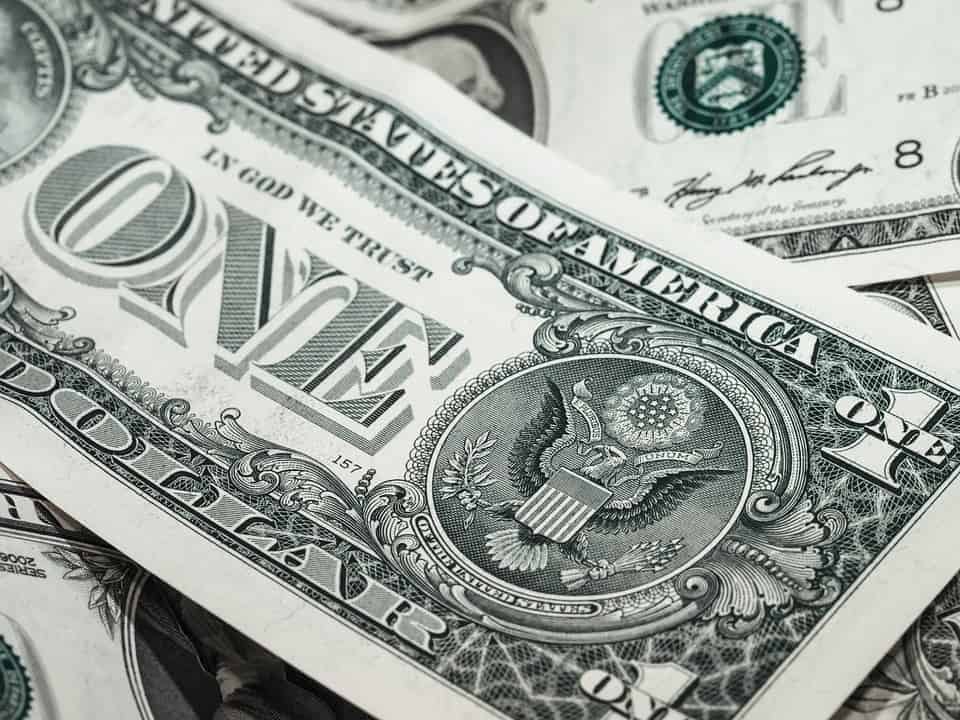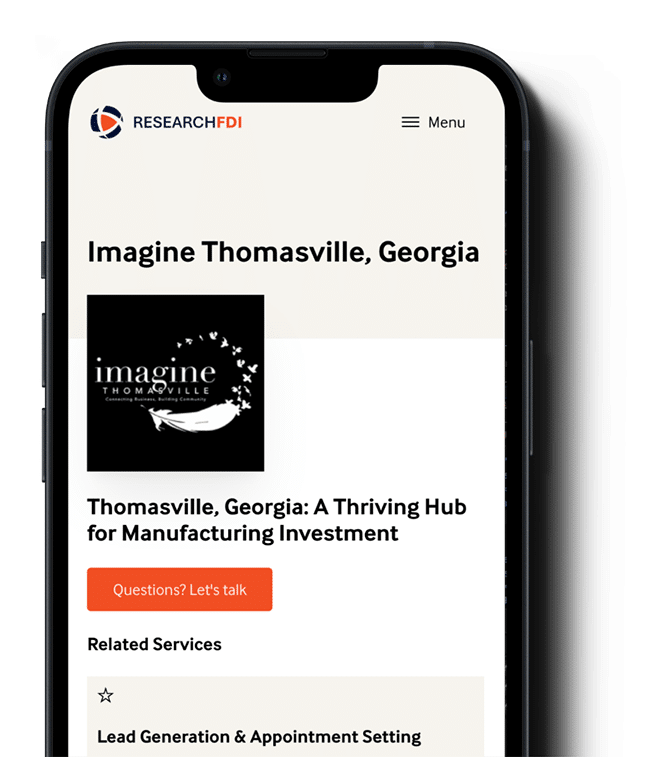Current interest rate hikes, high inflation, supply chain disruptions and volatile global markets are making the risk of a recession more likely.
TD Securities have predicted the odds of the U.S. economy falling into recession by next year as being greater than 50%, while the head of the International Monetary Fund (IMF) has warned that the outlook for the global economy has “darkened significantly” in recent months and the world is facing an increased risk of recession in the next 12 months.
What signals an official recession?
An official recession is categorized by government agencies as being two consecutive quarters of negative GDP growth that is also accompanied by changes in domestic production, real income and employment. Recessions bring a significant decline in economic activity that spreads across all sectors of the economy, and they typically last several months.
But what does this mean exactly? A recession can have several effects, including the economy struggling, people losing work, companies making fewer sales and the country’s overall economic output declining.
A recession will impact all sectors of the economy, and while no industry is immune to the effects of a recession, some industries tend to be more recession-proof than others.
What are recession-proof industries?
Some industries are less likely to be affected by a recession than others. These industries have the ability to withstand the economic pressures other industries face. They are known as recession-proof industries.
During economic downturns, recession-proof industries can perform as expected, if not better. These industries often aren’t affected by fluctuating demand since they provide a necessity or a service that is in demand or popular during recessions.
There is no industry that is 100% immune to recession, but certain industries tend to be resilient regardless of the effects of the recession on employment, customer sentiment, and economic activity. In times of economic downturn, these industries will still invest in expanding their operations.
In case you’re wondering which recession-proof industries could be worth targeting for investment attraction, here are five to consider.
Consumer Staples
Consumer staples are a set of essential products used by consumers. These products range from things like foods and beverages, household goods, and hygiene products as well as alcohol and tobacco. These are products that consumers are unwilling or unable to give up regardless of their financial situation.
Consumer staples are a recession-proof industry as they are not impacted by fluctuations in demand. These products are in demand all year long and are not affected by the state of the economy. Those companies operating in this sector will experience growth and accumulate capital enabling them to expand further.
The consumer staples industry brings in consistent earnings, has steady growth, solid dividends and low volatility. While these attributes may not be the most attractive during periods of economic growth, during a recession, stability and consistency are the key to success. Consumer staples are recession-proof as the industry can thrive through periods of slow economic growth due to the necessity and demand of their products for consumers.
Largest consumer staple companies: Procter & Gamble, Hershey, Coca-Cola, PepsiCo, Unilever, Mondelez International, Colgate-Palmolive, Keurig Dr Pepper, Kraft Heinz, Sysco
Grocery stores and discount stores
During recessions, unemployment rises and household incomes decline, forcing households to reduce extra spending and tighten their budgets. As a result, households will focus on reducing living costs, which is easiest accomplished by cutting down on eating at restaurants and switching commonly purchased goods to lower cost alternatives.
Grocery store spending tends to remain strong during periods of recession, while spending on restaurants decreases dramatically. As there is a focus on getting the most value for cost, spending on bulk products, sale items, and generic brands increases. Discount stores also see an increase in consumer spending during periods of recession, as they provide lower cost alternatives to common purchases.
In terms of recession-proof industries, grocery stores and discount stores are almost guaranteed to thrive.
Largest grocery store and discount store companies: Walmart, Amazon, Kroger, Costco, Walgreens, Target, Dollar General, Family Dollar, Dollar Tree
Healthcare and Pharmaceutical
Even in the worst of economic downturns, the healthcare and pharmaceutical industry will continue to be recession-proof. Demand for Healthcare is consistent, as it is a necessity for one’s ability to live. As such, even with declines in overall income, people will continue to spend on quality healthcare, making its demand inelastic.
Due to its vital role among consumers, the healthcare and pharmaceutical industries are unlikely to be affected by a recession like other industries. Even in the event of another recession, unemployment among healthcare and workers is not expected to surpass 5%, which is half of the 10% overall unemployment rate we saw following the 2008 financial crisis.
While the healthcare and pharmaceutical industry as a whole tends to be relatively recession-proof, not all companies are equal investments. When looking where in the healthcare and pharmaceutical industry to target investments, avoid companies that have high more debt and cash flow problems, as these companies are likely to be more affected by a recession.
Largest healthcare and pharmaceutical companies: CVS Health Corp., UnitedHealth Group Inc., McKesson Corp. AmerisourceBergen Corp., Cigna Corp. (CI), Cardinal Health Inc. (CAH), Johnson & Johnson, Roche, Eli Lilly, Pfizer, Novo Nordisk, AbbVie, Merck
Vice Industries
When a recession hits it becomes more common for people to turn to “guilty pleasure” products. As higher-cost purchases like vehicles, vacations, and new gadgets are out of reach, people seek consolation through vice products. During the great depression, candy and cigarette sales skyrocketed. The Tobacco industry also continues to grow each year, whether it’s a recession year or not.
Vice industries being a recession-proof industry can be explained by their addictive tendencies. Addiction is inelastic, and the goods that sustain it thus become inelastic as well. These products have also become a way to escape the challenging times many face during recessions.
Vice industries will often replace larger expenditures during a recession, it allows consumers to have a lower cost replacement for previous high-cost expenditures. No matter what is occurring within the economy, people continue to want to invest in pleasure, and vice industries offer consumers what they want during a recession, making them thrive in periods of economic downturn and thus a strong recession-proof industry for targeting investment.
Largest companies: Philip Morris International, Anheuser-Busch InBev SA/NV, Diageo, British American Tobacco, Altria Group, Constellation Brands
Luxury goods
While it may seem odd that the luxury goods industry would be resilient towards a recession considering the high price tags that come with the products, that is exactly why luxury goods are not affected the way other goods are.
Luxury goods have built their high prices around promises of quality, prestige and long-lasting value. These brands often have strong inventory controls, with a very limited supply of products per year. In the past decade, brands have become less dependent on third-party retailers and wholesalers, instead turning to e-commerce to have control over stock and a more direct relationship with their customer base.
Luxury heritage brands, those that have generations worth of reputation, are seen as investments rather than goods. Heritage brands have built their reputation around being heirlooms to pass from generation to generation. Their goods are seen as investments that hold value, as there is a limited supply of products, when the demand increases so does the return on the goods. This makes the luxury goods industry recession-proof as they do not rely on high volume sales from a wide customer base, but rather on the promise of long-lasting value their limited supply of products holds to their loyal consumer base.
Largest companies: LVMH Moet Hennessy-Louis Vuitton SE, Kering SA, The Estee Lauder Companies Inc, Compagnie Financière Richemont SA, L’Oréal Luxe, Chanel Limited, EssilorLuxottica SA, PVH Corp., Hermès International SCA
In closing
Recessions are hard on everyone, and they spread across the entire economy, while no industry is 100% recession-proof, the above are those that are expected to be resilient against a predicted economic downturn.
These industries tend to be those that are not impacted by fluctuations in demand and those that offer services that become needed during recessions. While this list is not exhaustive, consumer staples, grocery stores and discount stores, luxury goods, healthcare and pharmaceuticals, and vice industries are all recession-proof industries that can provide investment opportunities for savvy economic developers to explore during economic downturns.
More from ResearchFDI:




